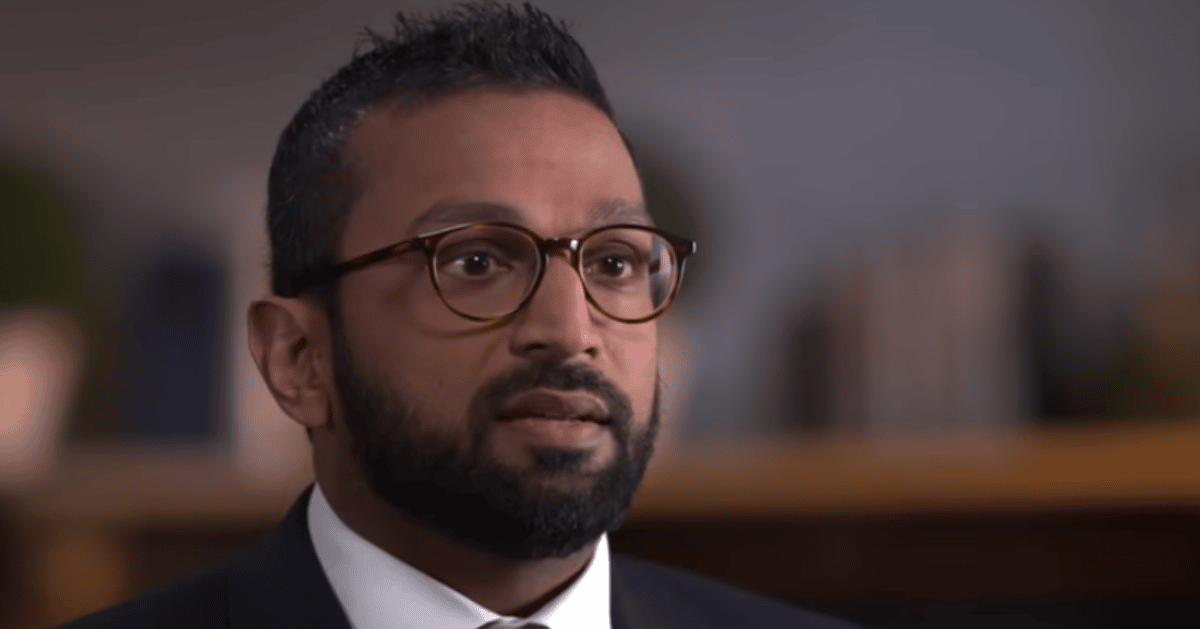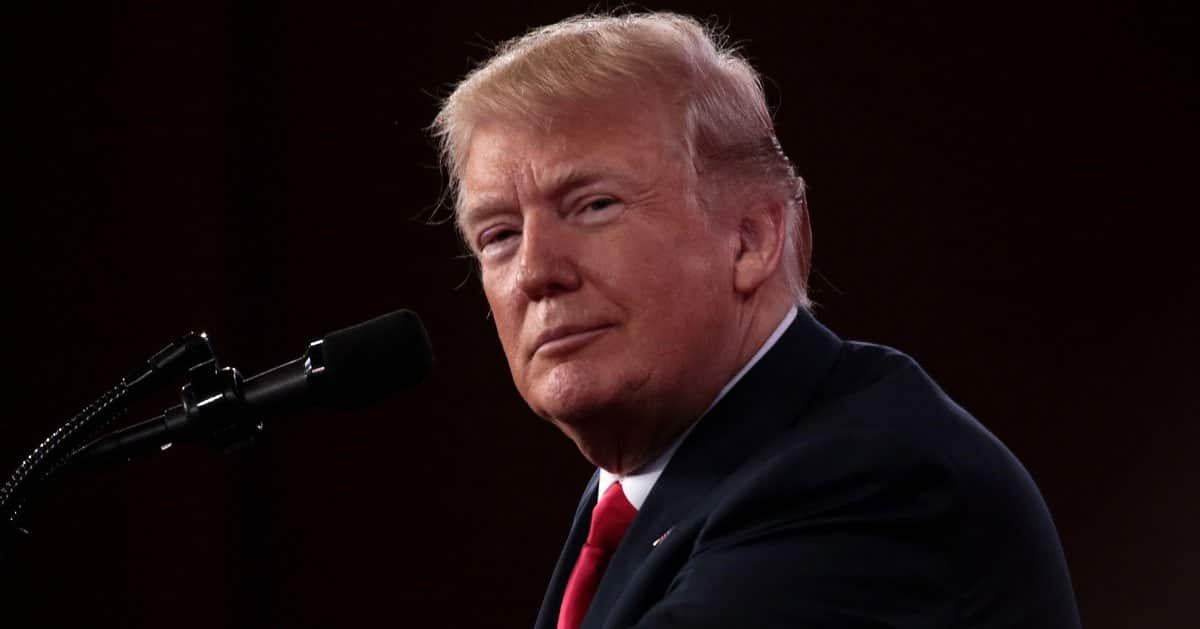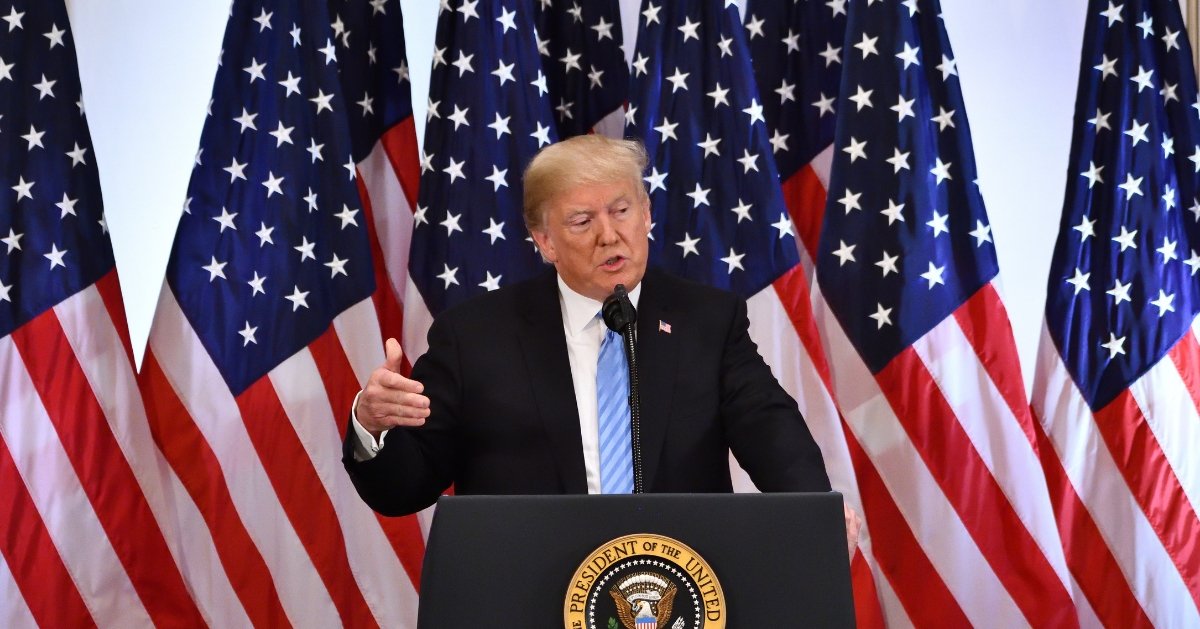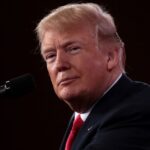





President Donald Trump’s bold tarmac handshake with Vladimir Putin sent shockwaves through Washington. On Friday, the two leaders met at Joint Base Elmendorf-Richardson in Anchorage, Alaska, igniting a firestorm of reactions from U.S. lawmakers.
Fox News reported that the summit, marked by a roaring B-2 stealth bomber flyover, showcased Trump’s unapologetic style, but not everyone was cheering. Trump welcomed Putin at Elmendorf Air Force Base as military jets, including a B-2, thundered overhead.
The dramatic display set the tone for a meeting that Republicans hailed as a masterclass in projecting strength. Democrats, however, saw it as a dangerous cozying up to a global adversary.
Republicans praised Trump’s assertive posture, while Democrats slammed the meeting as legitimizing Putin’s actions. This divide underscores the deep partisan rift over America’s foreign policy direction.
Rep. Brian Mast, R-Fla., called the B-2 flyover a “crystal clear” signal of American dominance. His praise reflects the GOP’s view that Trump’s theatrics put Putin on notice. The flyover wasn’t just optics—it was a deliberate flex of military might.
Rep. Andy Ogles, R-Tenn., went further, announcing plans to nominate Trump for a Nobel Peace Prize. The bold proposal, made hours after the summit, suggests Republicans see Trump as a stabilizing force in global conflicts. Critics might call it premature, but supporters argue it’s a nod to his unconventional diplomacy.
Sen. Ted Cruz, R-Texas, used the summit to blast the Biden administration’s Nord Stream 2 sanctions waiver. He argued it enriched Russia and fueled the Ukraine war, a claim Putin echoed during the summit. This alignment between Trump’s narrative and Putin’s remarks raised eyebrows but energized GOP loyalists.
Democrats, predictably, weren’t buying the GOP’s triumphant narrative. Rep. Eric Swalwell, D-Calif., mocked Trump for “toasting Putin like he was giving him a lifetime achievement award.” The jab paints the summit as a fawning display, not a diplomatic win.
Swalwell doubled down, branding Trump a “Kremlin kiss a--” in a scathing critique. His colorful language reflects Democratic fears that Trump’s approach undermines U.S. interests. Such rhetoric, though, risks alienating voters tired of partisan hyperbole.
Rep. Eugene Vindman, D-Va., argued that hosting Putin on U.S. soil legitimizes a leader wanted by the International Criminal Court.
He noted Putin’s freedom to walk American soil, despite facing arrest in 123 countries, as a diplomatic misstep. The criticism highlights concerns about elevating Putin’s global standing.
The Democratic Party’s official X account didn’t hold back, claiming Trump invited Putin just to get “his s*** rocked.”
The crude jab underscores the left’s view that the summit was a publicity stunt gone wrong. Yet, such language only fuels the outrage cycle, distracting from substantive policy debates.
Republicans, meanwhile, see the summit as a step toward resolving the Ukraine war. Sen. Lindsey Graham, R-S.C., pushed for a follow-up meeting with Trump, Putin, and Ukrainian President Volodymyr Zelenskyy. He believes it could end the conflict before Christmas, a hopeful but ambitious timeline.
Graham warned that if the follow-up fails to materialize, Trump may need to hit Russia’s economy hard. He suggested targeting countries buying Russian oil and gas to choke Putin’s war machine. It’s a pragmatic fallback, but one that risks escalating tensions.
Putin’s summit remarks, supporting Trump’s claim that the Ukraine war wouldn’t have happened under his watch, stirred controversy.
Republicans seized on it to bash Biden’s foreign policy, particularly the Nord Stream 2 decision. The narrative conveniently sidesteps the complexity of global energy politics.
Graham’s call for an “infrastructure of deterrence” aims to prevent further Russian aggression. He criticized Biden and Obama for failing to curb Putin’s ambitions, framing Trump as the antidote. It’s a compelling pitch for conservatives, though skeptics question its feasibility.



